The 'Deep State' Label: How Political Currents Swallowed a High-Profile Corruption Probe
Explore how a significant FBI bribery sting involving Tom Homan was derailed by political accusations, examining the deep implications for justice integrity and public trust.
The Architect of the Sting: Inside the Undercover Operation
The intricate web of a high-stakes bribery investigation ensnared , then President Trump's designated border czar, through a meticulously planned undercover operation. It began with FBI agents posing as contractors, seeking to secure lucrative government contracts related to immigration. These agents communicated and met multiple times with a business colleague who eventually introduced them to Homan. The core allegation centered on Homan's promise to facilitate these contracts in exchange for money once he assumed an official role within a future Trump administration. The operation culminated dramatically on September 20, 2024, in , where Homan was recorded accepting a $50,000 bag of cash. This payment, allegedly made in a Cava bag, was captured on hidden cameras, providing what many FBI and Justice Department officials believed was strong evidence for a criminal case, potentially for conspiracy to commit bribery. While Homan was not yet a public official, legal experts noted that seeking money to improperly influence federal contracts, even by a private citizen, could still lead to charges like conspiracy or fraud. The probe, stemming from a broader counterintelligence investigation, initially seemed poised for further action, with agents expecting to monitor Homan once he took office.
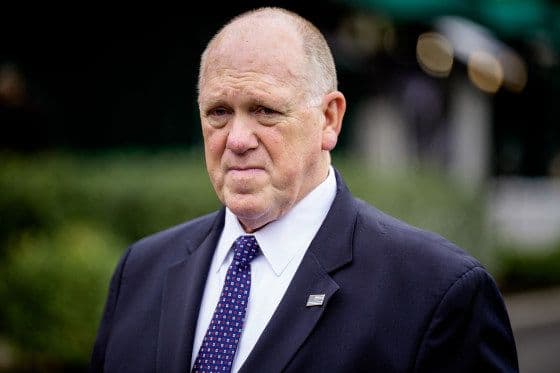
The Sudden Silence: How a Bribery Investigation Vanished
Despite the seemingly robust evidence gathered during the undercover sting, the investigation into alleged bribery came to an abrupt and curious halt. In the months following Homan's acceptance of the $50,000 in September 2024, FBI agents and Justice Department prosecutors took no further investigative steps. This pause was particularly perplexing given that officials within both agencies reportedly felt they had a strong criminal case, especially after Homan was publicly announced as Trump’s border czar on November 11, 2024—a role that did not require Senate confirmation. The Public Integrity Section, a specialized unit for high-profile corruption cases, had even agreed to join the probe. However, what appeared to be a promising pursuit of accountability suddenly evaporated. The Justice Department ultimately shut down the Homan bribery probe, a decision that would later surface amid accusations of political interference. This sudden silence, after such a concerted investigative effort, raised immediate questions about the forces at play behind the scenes, casting a long shadow over the independence of federal law enforcement.
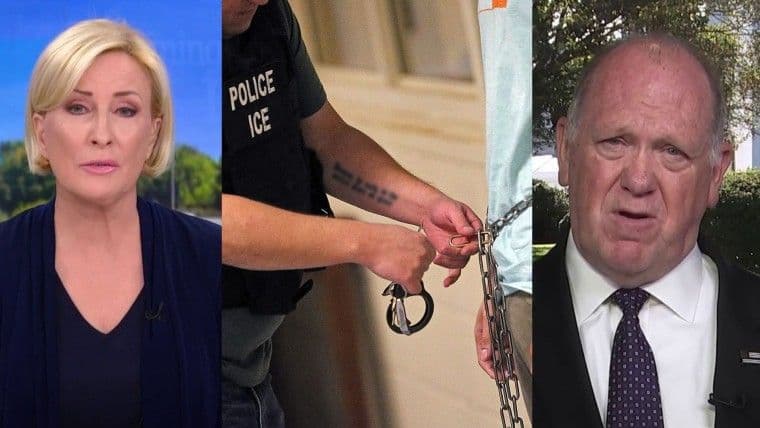
Weaponizing Distrust: The 'Deep State' Narrative and Its Toll on Justice
The abrupt closure of the Homan investigation wasn't merely a procedural decision; it was inextricably linked to a potent political narrative: the 'deep state.' Acting Deputy Attorney General , upon being briefed on the case in February, reportedly dismissed the probe as an example of a 'deep state' operation, a term implying unelected officials secretly manipulate government. This accusation, echoed by Homan's legal team who called it a 'blatantly political investigation' targeting President allies, effectively weaponized distrust against career law enforcement and judicial processes. The narrative suggested that the investigation wasn't about corruption, but political vendetta, despite legal experts affirming that seeking money to influence federal contracts is a crime regardless of public office. Such claims undermine the credibility of federal agencies, painting their legitimate investigations as partisan attacks. When high-ranking officials adopt and propagate these narratives, it creates an environment where accountability can be dismissed as a political hit job, severely compromising the public’s faith in the impartiality and integrity of the justice system.
Aftermath and Echoes: The Enduring Impact on Public Trust and Accountability
The reverberations from the Homan probe's shutdown extend far beyond a single case, sending troubling signals about the state of accountability in Washington. The official justification for closing the investigation, articulated by FBI Director and Deputy Attorney General , cited 'no credible evidence of any criminal wrongdoing' and a need to focus on 'real threats,' not 'baseless investigations.' White House spokeswoman similarly decried it as a 'blatantly political investigation' targeting Trump’s allies. However, the context of these statements—following Bove’s 'deep state' criticism and his subsequent order to drop corruption charges against New York City Mayor , which prompted prosecutor resignations—suggests a pattern. The Justice Department also reportedly dismantled the unit that prosecuted corruption cases, including the one involved in the Homan probe. This confluence of events fosters a perception of a justice system susceptible to political pressure, where investigations into politically connected figures can be conveniently sidelined. The enduring impact is a significant erosion of public trust, leaving many to wonder if justice is truly blind, or if a different standard of accountability applies to those within the corridors of power.
Related Articles
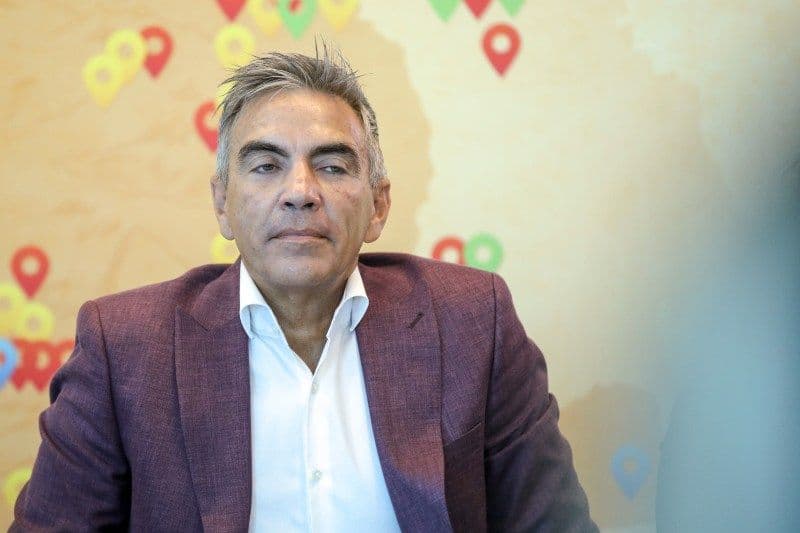
The Eight-Year Extortion: Unmasking the ANAF Inspector's 'Protection Tax' Empire

The Eight-Year Extortion: Unmasking the ANAF Inspector's 'Protection Tax' Empire
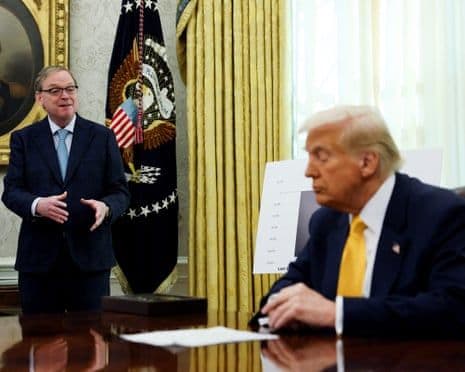
Erosion of Trust: When Economic Data Becomes a Political Battleground

Erosion of Trust: When Economic Data Becomes a Political Battleground
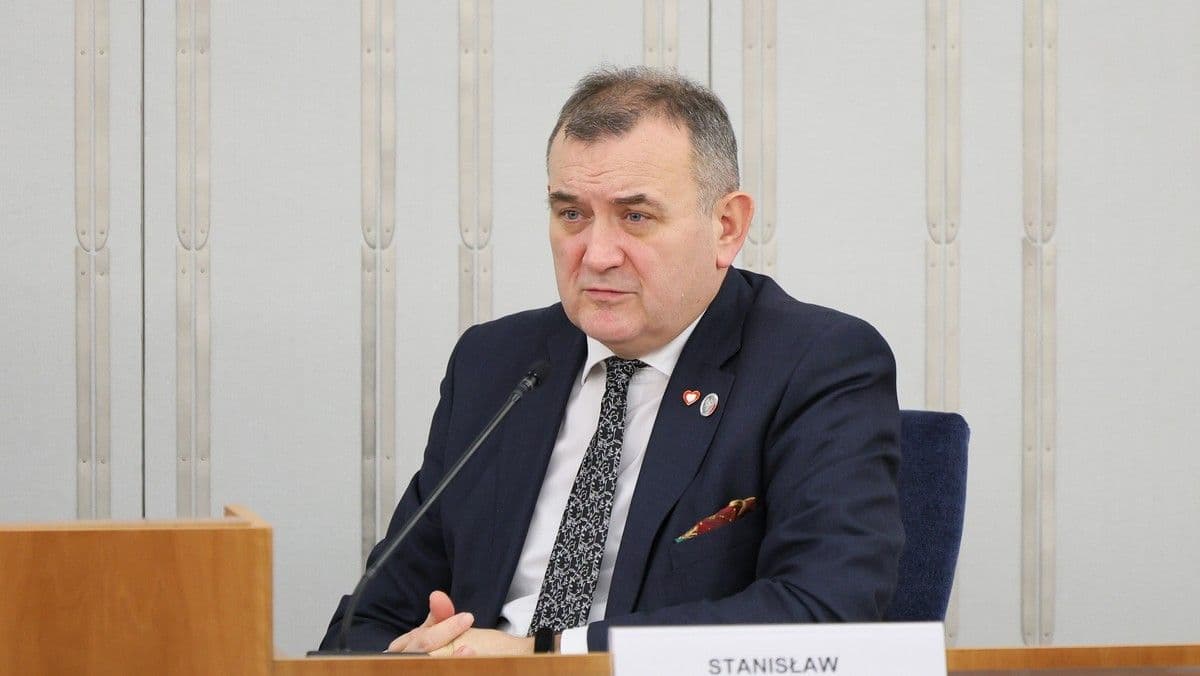
The Lingering Question: Stanisław Gawłowski, Political Justice, and the Appeal for Truth

The Lingering Question: Stanisław Gawłowski, Political Justice, and the Appeal for Truth

The Unseen Script: How Media Infiltration Shapes High-Profile Investigations
